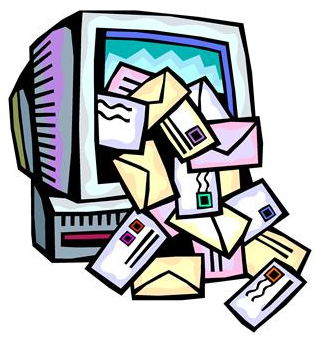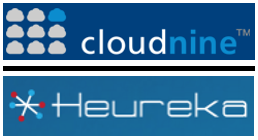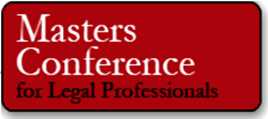The Cowen Group 2016 eDiscovery and Litigation Support Salary Report: eDiscovery Trends
A couple of weeks ago, we covered the Robert Half 2017 Legal Salary Guide with a specific focus on litigation support and eDiscovery salaries. This week, we’re covering results from the Tenth Annual Salary Survey from The Cowen Group. Let’s take a look at this latest opportunity to push for that raise you’ve been wanting.
This year, there were 244 responses received from law firms (36% Large Law respondents, 22% Mid-Law), service providers (19%), corporations (19%) and government (4%), with over 50 organizations providing compensation information for their eDiscovery teams to bolster and corroborate data received from individual survey respondents. Here are a few other noteworthy findings from the 15 page report.
- New Positions: The Cowen Group predicted that approximately 245 new positions will be created in 2017, with the strongest growth and demand taking place in the vendor/service provider sector with particular emphasis being placed on technical professionals (60 new hires) and project managers (86), as well as growth positions such as data scientists (6), forensic professionals (20) and customer/client success experts (7).
- Median Salaries Largely Flat: As was the case in the past two annual reports, median salaries remained relatively flat, with only a 0-2% median increase over last year’s numbers. The Cowen Group attributed the flattening of median salaries to several factors, including increased reporting from mid-law firms, growing hiring trends for eDiscovery positions in both mid-sized organizations and middle-market geographic locations, and differentiation in base salaries between law firm, corporate, and vendor market segments. One notable exception with regard to flat salaries was the eDiscovery attorney group, who reported a 16% median increase over base salaries from the previous year.
- Bonuses Up: As compared to base salaries, annual bonuses appear to be increasing steadily across the board and average bonuses amounted to higher percentages of base salaries this year, especially for Manager (approximately $10,080 as compared to $7,660 in last year’s report), Director, (approximately $16,100 as compared to $9,890) and Attorney roles (approximately $29,830 as compared to $12,809).
- eDiscovery Professionals are Certifiable: The Certified eDiscovery Specialists (“CEDS”) remained the most commonly held certifications across all titles and roles. The Relativity Certified Administrator (“RCA”) and LexisNexis LAW Prediscovery (“LAW”) were the most widely held technical certification across several positions as well, with RCA providing a slightly positive influence on salary in the analyst and project manager roles.
The report also provides the minimum and maximum reported salary for each primary position for this year, as well as the mean, median, low (25%) and high (75%). Median salaries were charted for each position from 2008 through 2016. It also reports on geographical and organizational trends and provides a data sheet for each of the five primary positions, with skills for success and top certifications.
This 15 page guide is also FREE and is available here. Check it out. Maybe you need a raise?
So, what do you think? Do the numbers surprise you? Please share any comments you might have or if you’d like to know more about a particular topic.
Disclaimer: The views represented herein are exclusively the views of the author, and do not necessarily represent the views held by CloudNine. eDiscovery Daily is made available by CloudNine solely for educational purposes to provide general information about general eDiscovery principles and not to provide specific legal advice applicable to any particular circumstance. eDiscovery Daily should not be used as a substitute for competent legal advice from a lawyer you have retained and who has agreed to represent you.








